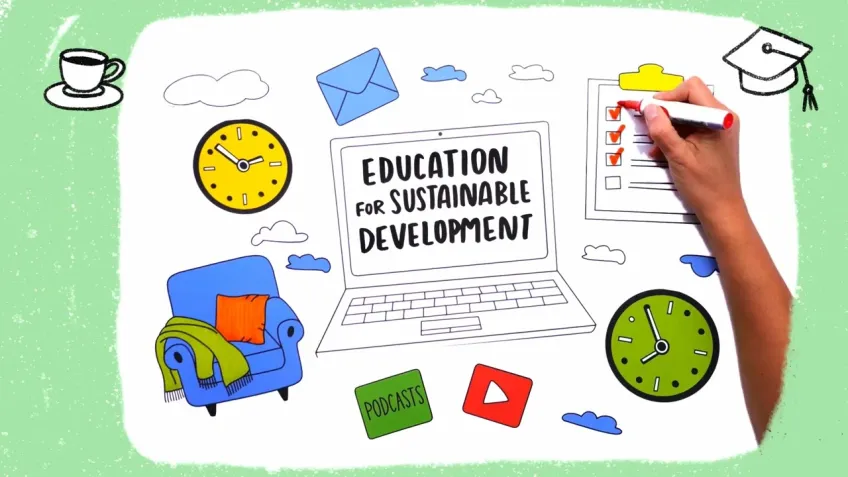Program: Key Action 2: Cooperation among organisations and institutions/ „Partnerships for Cooperation” the field of higher education
Project Coordinator: prof. Ewa Kurantowicz
Duration: 01.10.2023 - 30.09.2025
Grant amount: 250 000 EUR
The project is implemented by the DSW University of Lower Silesia (project lider) in partnership with Universidade Do Algarve (Portugal), University of Degli Studi Di Milano-Bicocca (Italy) and Gothenburg Universitet (Sweden).
Aim of the project: Under EUGreenComp(2022), all educational settings provided by the university develop awareness and civic competences to take action to transform society into a more sustainable one. ESDEUS aims to build university capacity as a leader in Education for Sustainable Development by identifying its resources. It focuses on ESD-relevant teaching and collaboration with stakeholders.

Activities
The main activities are the evaluation of the curricula' relevance to ESD priorities and objectives; designing a curricula development plan; identifying university and stakeholders collaboration forms in the ESD field; describing ESD best practices in different EU regions. The consortium implements these activities by organising cross-sectoral learning/teaching events and using various methods based on place, problem, peer learning, good practices exchange, and mapping ESD university engagement.
Outputs planned are a Catalogue and Toolbox of HE ESD, a Report of HE stakeholders' perspective on ESD, ESD Collaborative Actions Booklet, Reports on ESD digital course design and pilot implementation, and Edu-events. The project directly impacts building links and enhancing relationships of HE with all community stakeholders. Long-term benefits relate to the sustainable society's value and LLL university promotion. ESDEUS follows green and digital principles in all its activities and outputs.
- Communications_strategy
- Introduction to Education for Sustainable Development - Manual for the Digital Course
- Cours: Introduction to Education for Sustainable Development
- Corso: Introduzione All'educazione per lo Sviluppo Sostenibile
- Karta kursu: Wprowadzenie do edukacji na rzecz zrównoważonego rozwoju
- Curso: Introducao a Educacao para o Desenvolvimento Sustentavel
- Kurs: Introduktion till Utbildning for Hallbar Utveckling
- Education for Sustainable Development in European Universities
- Charter of recommendations for the on-line course content: Introduction to the Education for Sustainable Development implemented by DSW University of Lower Silesia 2024-2025
- Education for Sustainable Development in the European Local Communities
POSTERS:
- DISCOVER THE ESDEUS PROJECT - THE FUTURE IS IN YOUR HANDS!
- EDUCATION FOR SUSTAINABLE DEVELOPMENT IN EUROPEAN UNIVERSITITES
- TRENDS, CHALLENGES AND LOCAL PARTICULARITIES IN ESD POLICIES
- POLICIES ON ESD AND ITS (ABSENT) EMANCIPATORU POTENTIAL
- RECOMMENDATIONS. ESDEUS RESEARCH REPORTS
- ESD COLLECTIVE ACTIONS OF STAKEHOLDERS AND UNIVERSITIES
INTRODUCTION TO EDUCATION FOR SUSTAINABLE DEVELOPMENT. DIGITAL COURSE
ESDEUS mini-series: Voices of ESDEUS: Exploring the Frontiers of ESD:
- Podcast/ Episode 1: ESDEUS Dialogues: Unveiling ESD Practices
- Podcast/ Episode 2: Collaborative Journeys: ESD in Action
- Podcast/ Episode 3: Faces of activites for ESD
- Podcast/ Episode 4: Experiences of ESD in local community
PUBLICATIONS:
- [forthcoming 2026] Education for Sustainable Development: coming in from the cold in dialogue for communities, universities and adult learning Editors: Catarina Doutor, Rob Evans, Ewa Kurantowicz
- UAlg integra projeto europeu que promove o papel das universidades na sustentabilidade
- Papadopoulos, D., Kurantowicz, E., São Vicente, A., Valadas, S.T., Vilhena, C., & Paulos, L. (2025) Revisiting the Civic University in Europe: Comparative Insights from Poland, Portugal, and Sweden. INSTED: Interdisciplinary Studies in Education & Society, Vol.28 No. 2 (98). ISSN 1505-8808
- Galimberti A. (2025). “Università e cultura della sostenibilità: questioni e pratiche emergenti. Un progetto europeo”. In L. Fabbri, C. Melacarne, P. Malavasi (a cura di), Ricerca, servizi, politiche territoriali pedagogiche. Trasformative, innovative, emancipative (pp. 608-614). Lecce: Pensa MultiMedia Editore
- Uniwersytety liderami zrównoważonego rozwoju
- Galimberti interrogare sviluppo sostenibile
EVENTS
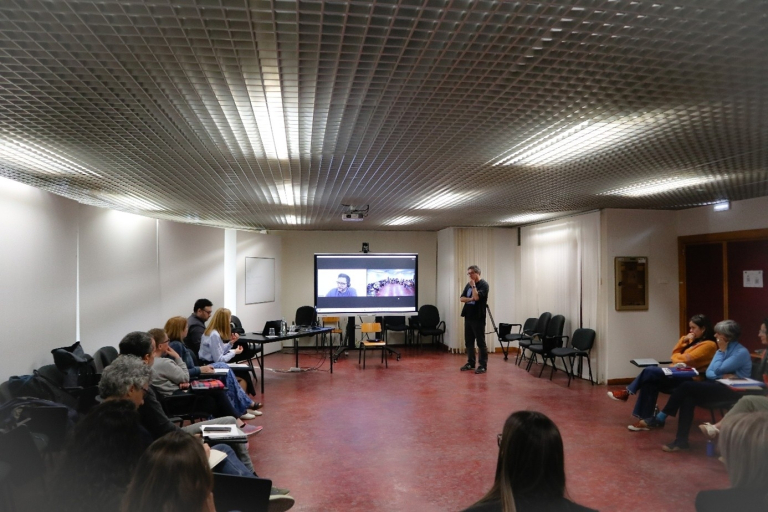
Intersectoral Teaching Learning Event – Faro, Portugal
The ESDEUS project held an Intersectoral Teaching Learning Event at the University of Algarve (Faro, Portugal) on 2–4 May 2024. Experts and stakeholders explored Education for Sustainable Development (ESD) through lectures, workshops, and a field visit to Culatra Island. The event concluded with plans to co-design an Introduction to ESD course and strengthen cross-sector collaboration.

Intersectoral Teaching Learning Event – Milan, Italy
The ESDEUS project hosted an Intersectoral Teaching Learning Event at the University of Milano Bicocca on 29–31 January 2025. Participants explored Education for Sustainable Development (ESD) through stakeholder workshops, public engagement projects, and innovative teaching practices. Key outcomes included plans for co-created educational materials and a joint repository of teaching tools.

ESDEUS Conference: Who is a Leader of the Education for Sustainable Development?
ESDEUS Project Consortium invites to participate in the international conference: Who is a Leader of the Education for Sustainable Development?
June 10-12, 2025, Wrocław, Poland (Wagonowa 1st, DSW University of Lower Silesia)
We offer a conference meeting for individuals and communities interested in talking about education for sustainable development. The conference will be organized in the Round Tables:
- Round Table I: ESD and the University: Practices – Challenges – Tensions
- Round Table II: The sustainability educators: who are they and how do they work?
- Round Table III: ESD and the Community: What are the faces of ESD in local communities?
- Plenary keynote speaker: prof. Ewa Bińczyk - specializes in contemporary philosophy of science and technology, science and technology studies, and the sociology of scientific knowledge and controversies in science. Her current research focuses on environmental rhetoric, ecological economics, degrowth, and the challenges of the Anthropocene. Her recent book "Uspołecznianie antropocenu" was nominated for the Marcin Król Prize in Poland in 2025.
DOWNLOAD DETAILED CONFERENCE SCHEDULE
If you are interested in joining the event plese write to the following address: [email protected]. The conference is free of charge.
Scientific and organizational committee
Ewa Kurantowicz, Paweł Rudnicki, Urszula Kłobuszewska, Małgorzata Fit (ULS DSW), Adrianna Nizińska, Dimitrios Papadopoulos (GU); Antonio Fragoso, Sandra Valadas, Liliana Paulos, Carla Vilhena, Amanda Barbosa, Catarina Doutor (UAlg), Andrea Galimberti, Alessandro Pepe, Greta Persico (UNIMIB).
Post-ESDEUS conference event
ESREA Network: Between Global and Local-Adult Learning and Communities and the University of Lower Silesia DSW invite to participate in 14th Conference of BGL-AL&C ESREA Network Critical Learning for Sustainable Development: Communities' and Universities' Discourses 12-14 of June 2025.
Project Team
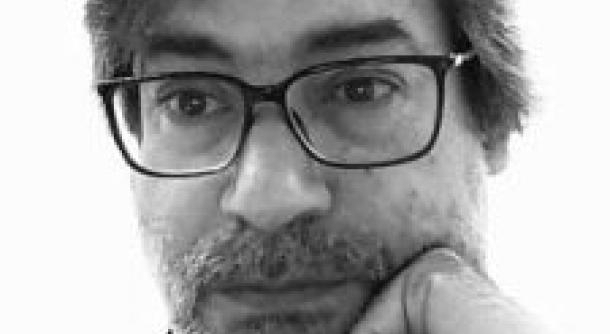
António Fragoso is Associate Professor at the University of Algarve (Portugal) and one of the editors of the European Journal for Research on the Education and Learning of Adults. He coordinates the Research Centre on Adult Education and Community Intervention (CEAD). His research interests include adult education, community education and development, non-traditional students in higher education, and the education and learning of older adults.
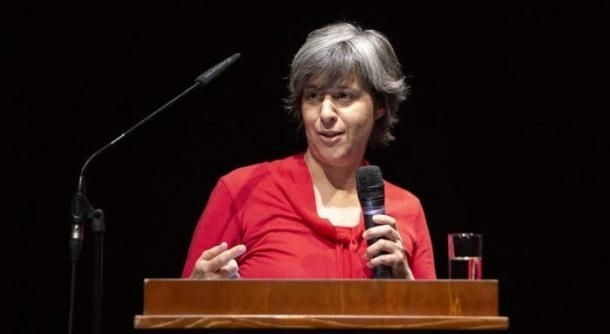
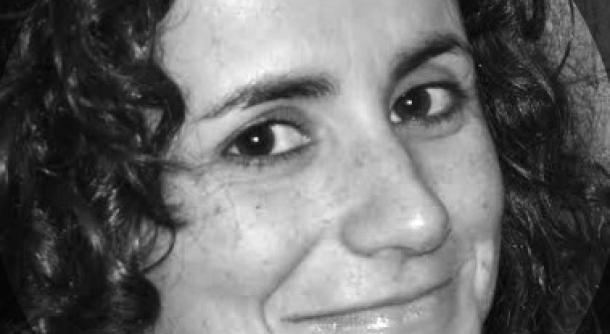
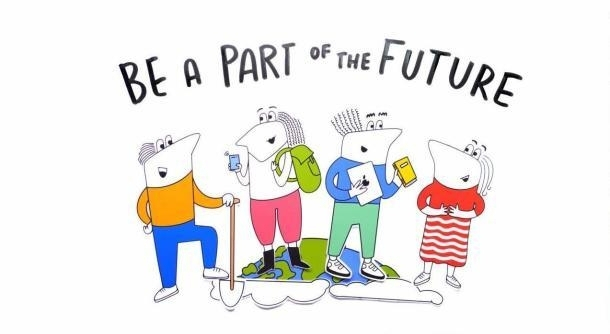
In 2023, she completed her post-doctoral project aimed at enhancing the strategies of students' career management and the support of career services at UAlg (UIDB/05739/2020 CEAD BASE). She is leading the Scientific Dissemination Program at CEAD, alongside Sandra T. Valadas, with the primary aim of sharing and discussing scientific results in community public spaces (since 2022).
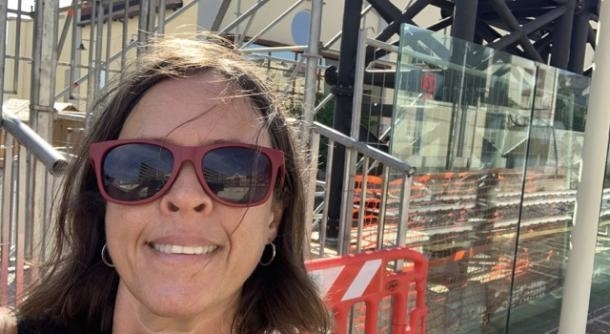
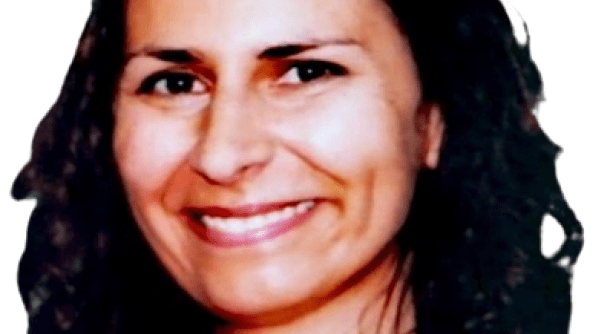
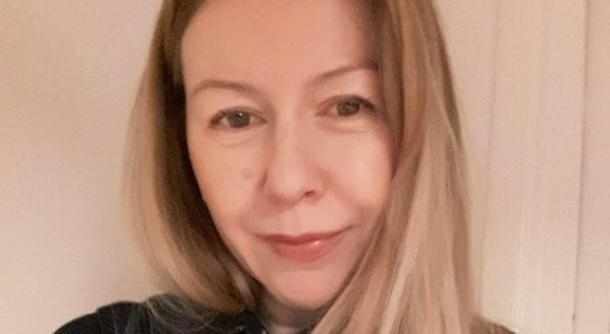
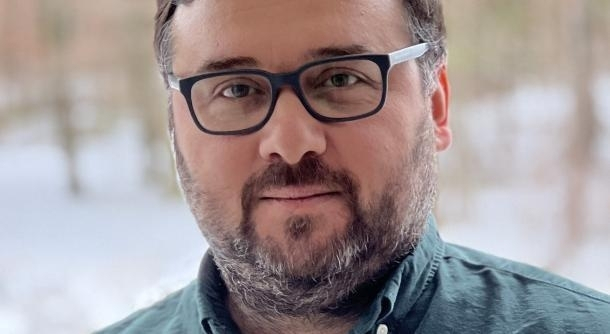
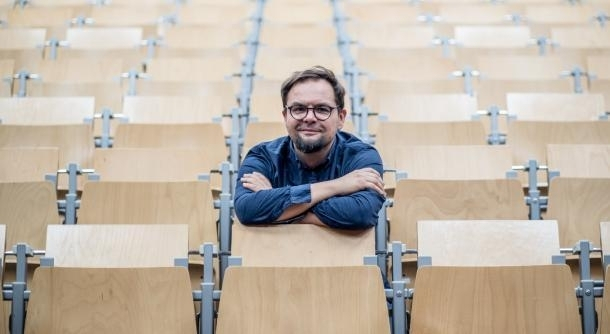
Paweł Rudnicki is a professor at the Faculty of Applied Studies, University of Lower Silesia, excels in pedagogy and political science. As the director of doctoral school, he specializes in critical pedagogy and the educational dimensions of NGOs and informal groups. His collaborations focus on global education, anti-discrimination, and human rights. An expert in interventionist social research, Rudnicki studies minority groups, refugees, and informality.

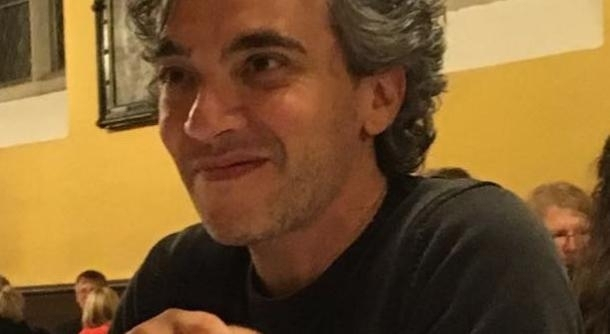
Disclaimer
Co-funded by the European Union. Views and opinions expressed are however those of the author or authors only and do not necessarily reflect those of the European Union or the Foundation for the Development of the Education System. Neither the European Union nor the entity providing the grant can be held responsible for them.




